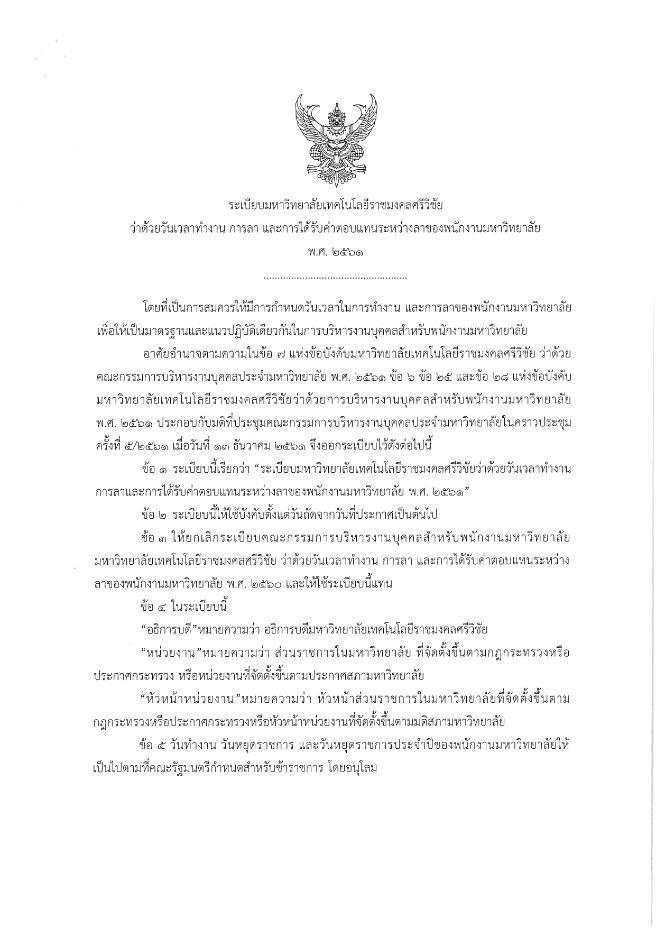Reporters: Mr. Sujinda Saehan, Mr. Ekkajak Intarat, Mr. Nitigon Jumniansuk, Mr. Thanet Sangseejun
Evidence Date: January 2023 – December 2023
Related SDGs:
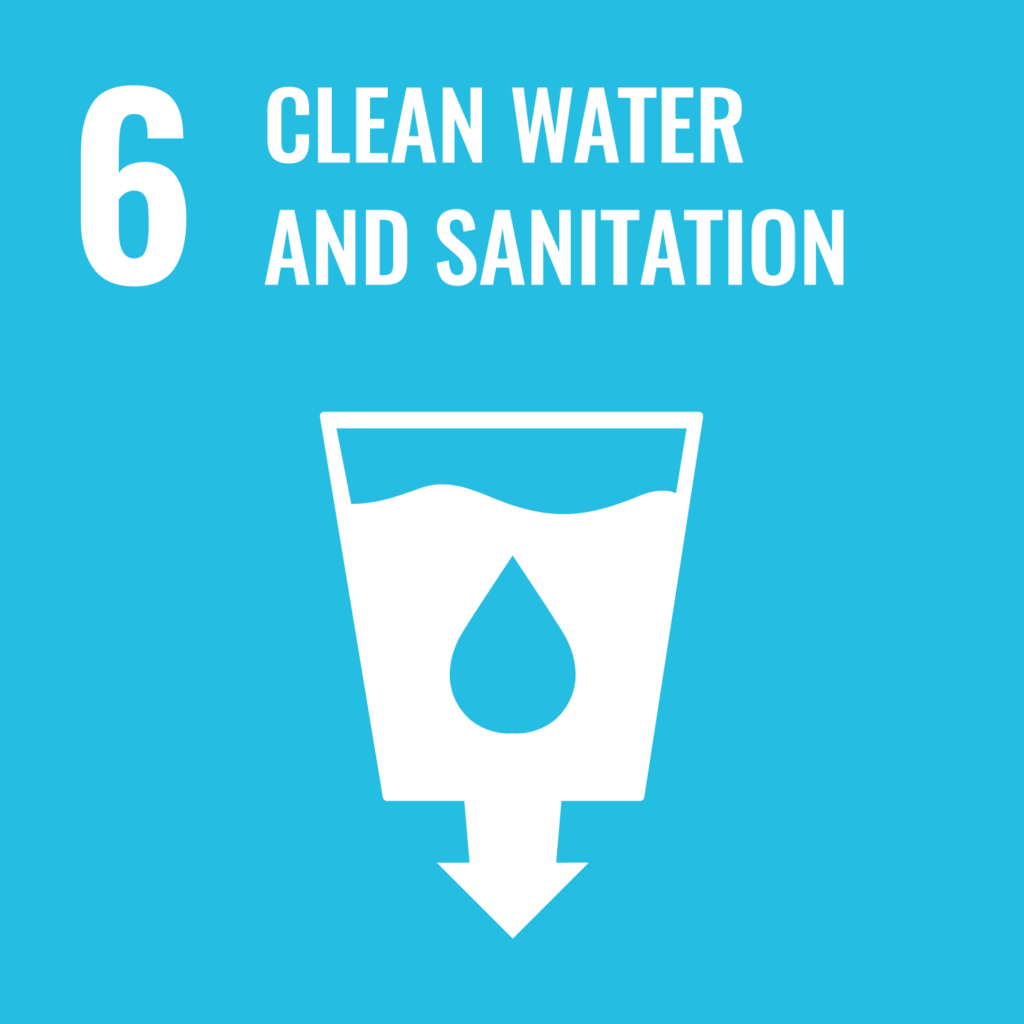
Related Indicators: 6.4.2
Rajamangala University of Technology Srivijaya Policy is committed to treat water to be used or “Wastewater Recycling” in especially, agriculture and landscape maintenance. The wastewater recycling project in the university setting can be an excellent way to reduce water consumption, promote sustainability, and provide a learning platform for students. The purposes for this project are to reuse wastewater for no-potable applications like agriculture, landscaping and toilet flushing and to decrease the university’s water bill and enhance the university’s commitment to sustainability and reduce its overall water footprint as well as to create a hand-on learning experience.
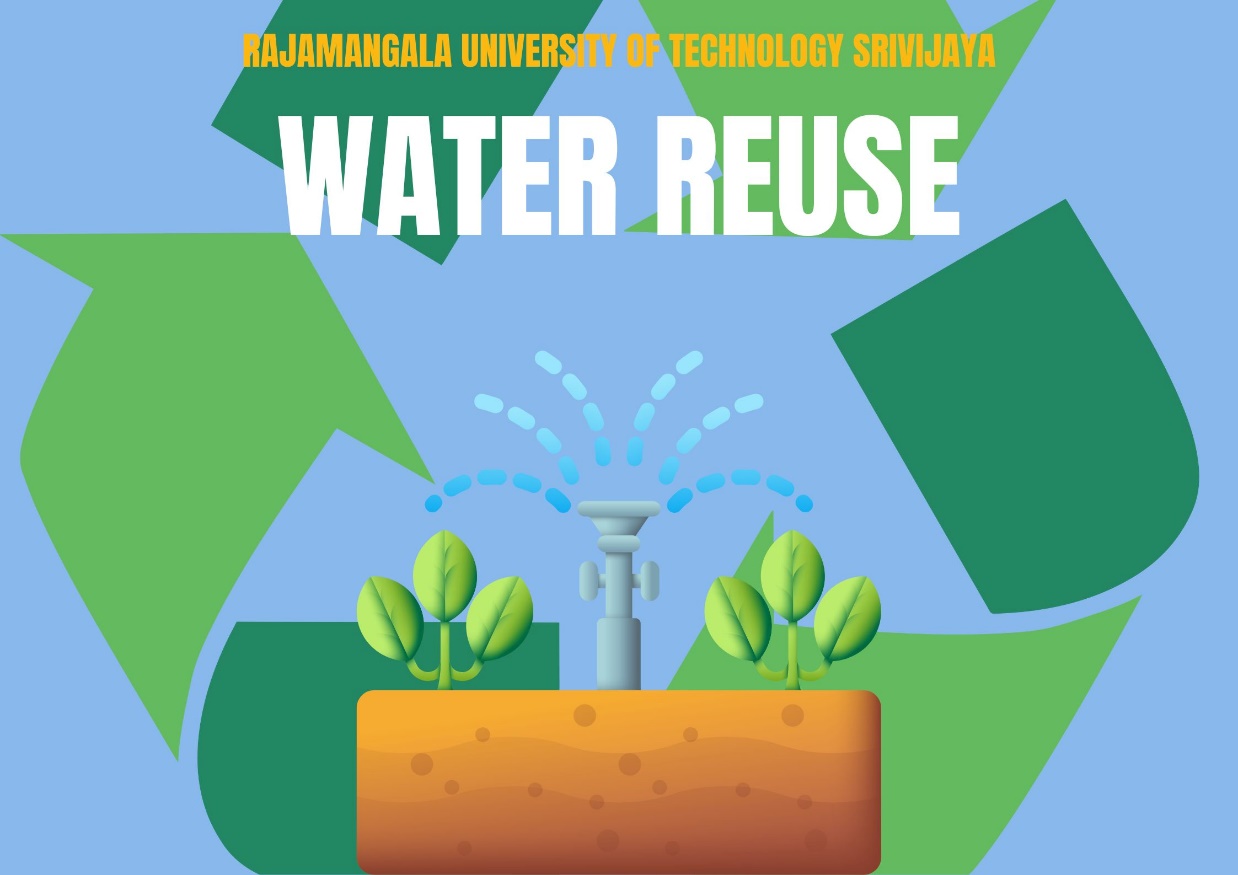
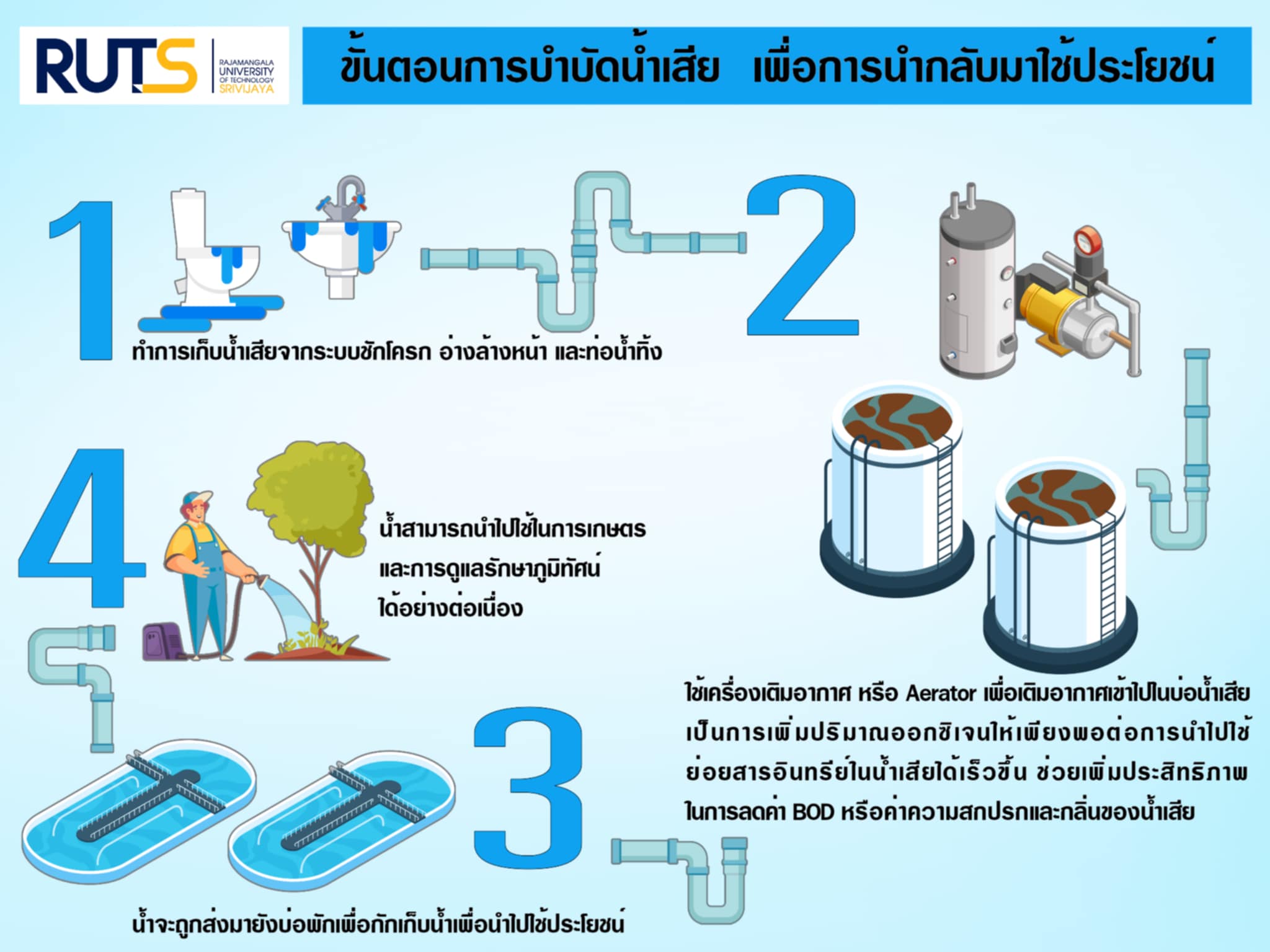
The process of reusing water, or wastewater recycling, generally involves several treatment stages to ensure that water is safe and suitable for its intended reuse purpose. It begins by collecting wastewater from various water sources on campus, like restrooms, cafeterias, laboratories, and potentially rainwater or greywater (from sinks). Then, the large particles like debris, leaves, and other non-dissolved solids are basic screening removed. Allow wastewater sits in large tanks where heavier particles settle at the bottom as sludge while lighter substances like oils and grease are skimmed off the top. Next, bacteria and other microorganisms are introduced to consume organic matter in the water, breaking down waste into more stable compounds. There will also be air or oxygen pumped to encourage microbial growth, accelerating the breakdown of organic material. This increases the efficiency of reducing the BOD value or the dirtiness and odor value of wastewater before the water is sent to a holding pond for water storage and can be continuously used in agriculture and landscape maintenance management.
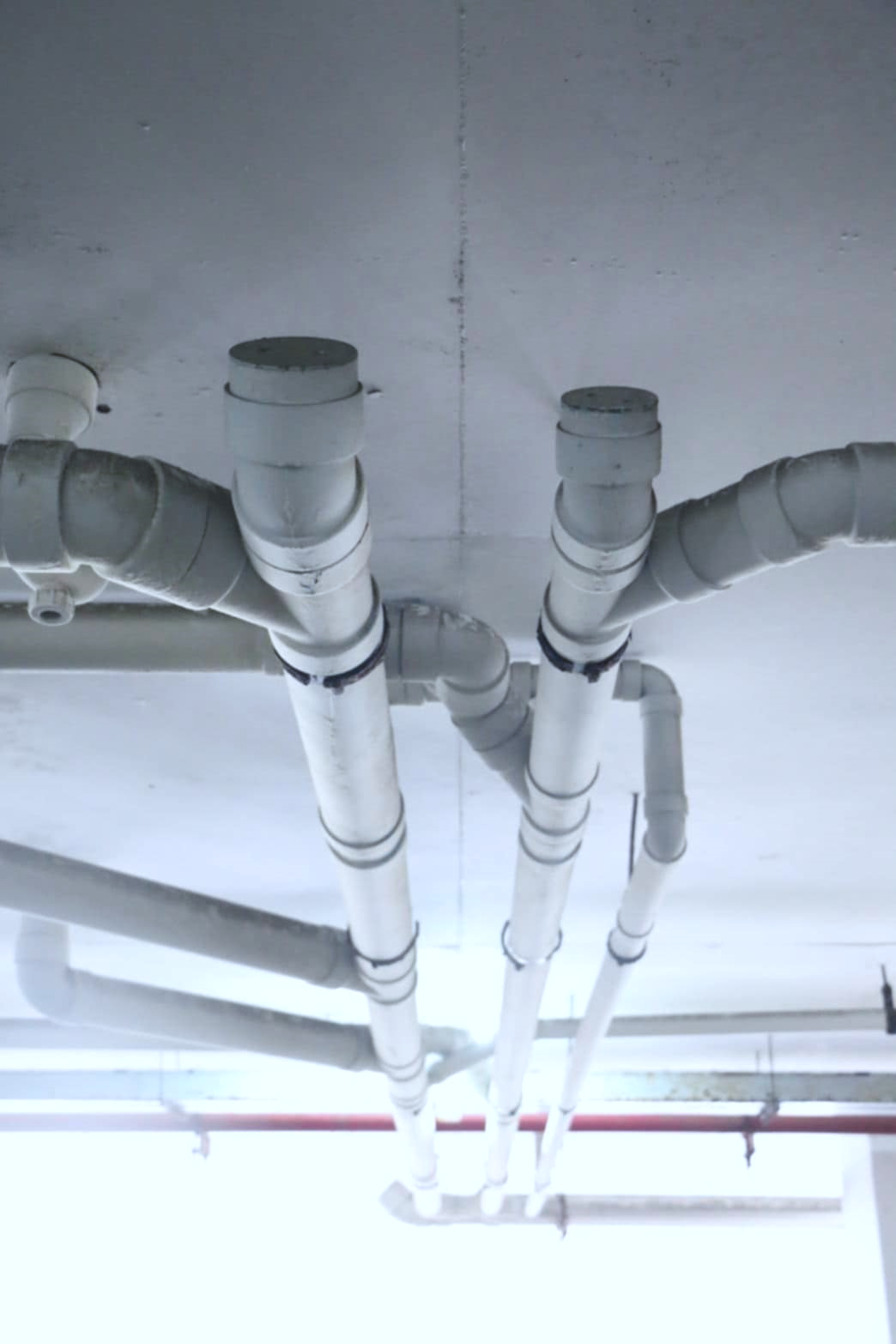
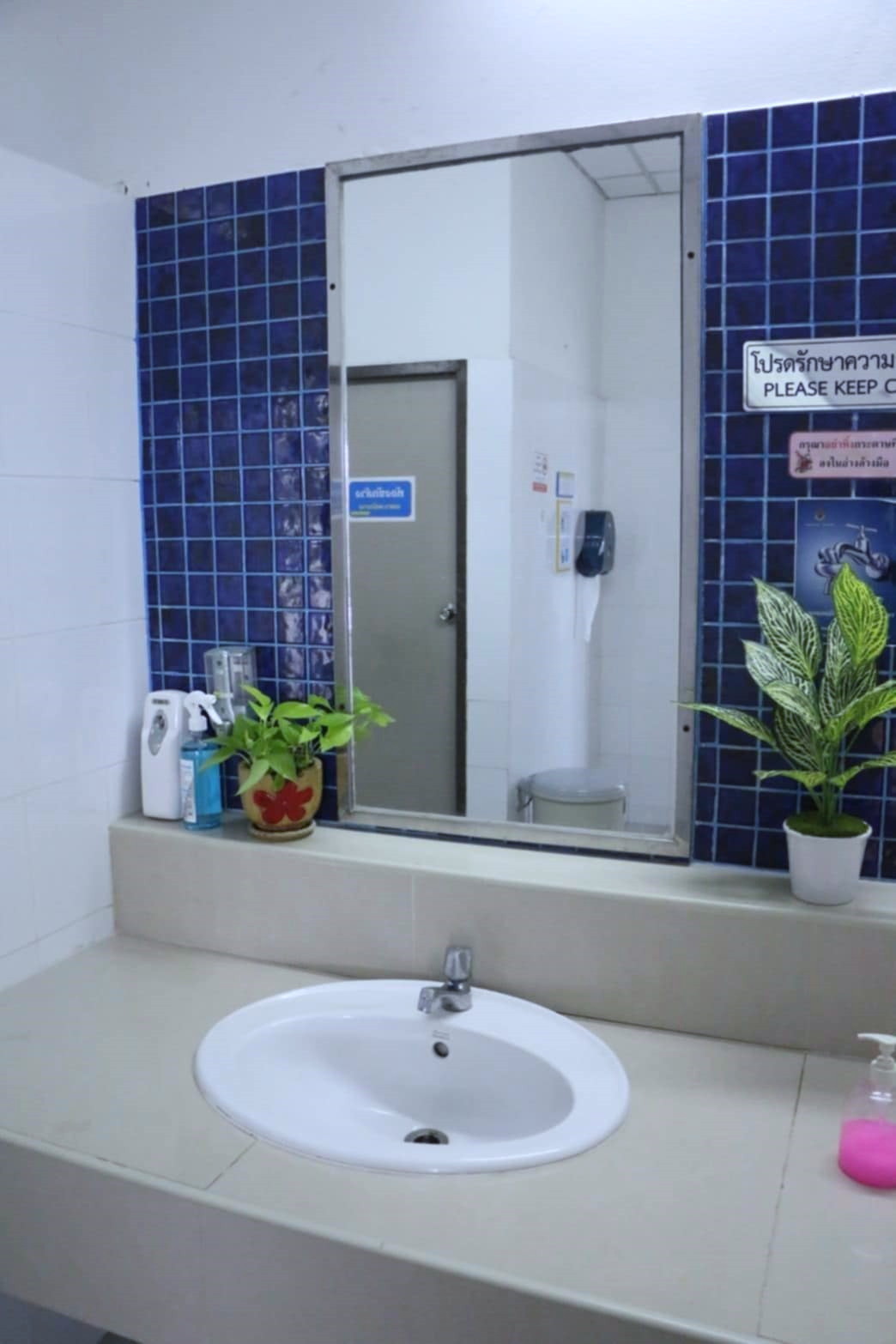
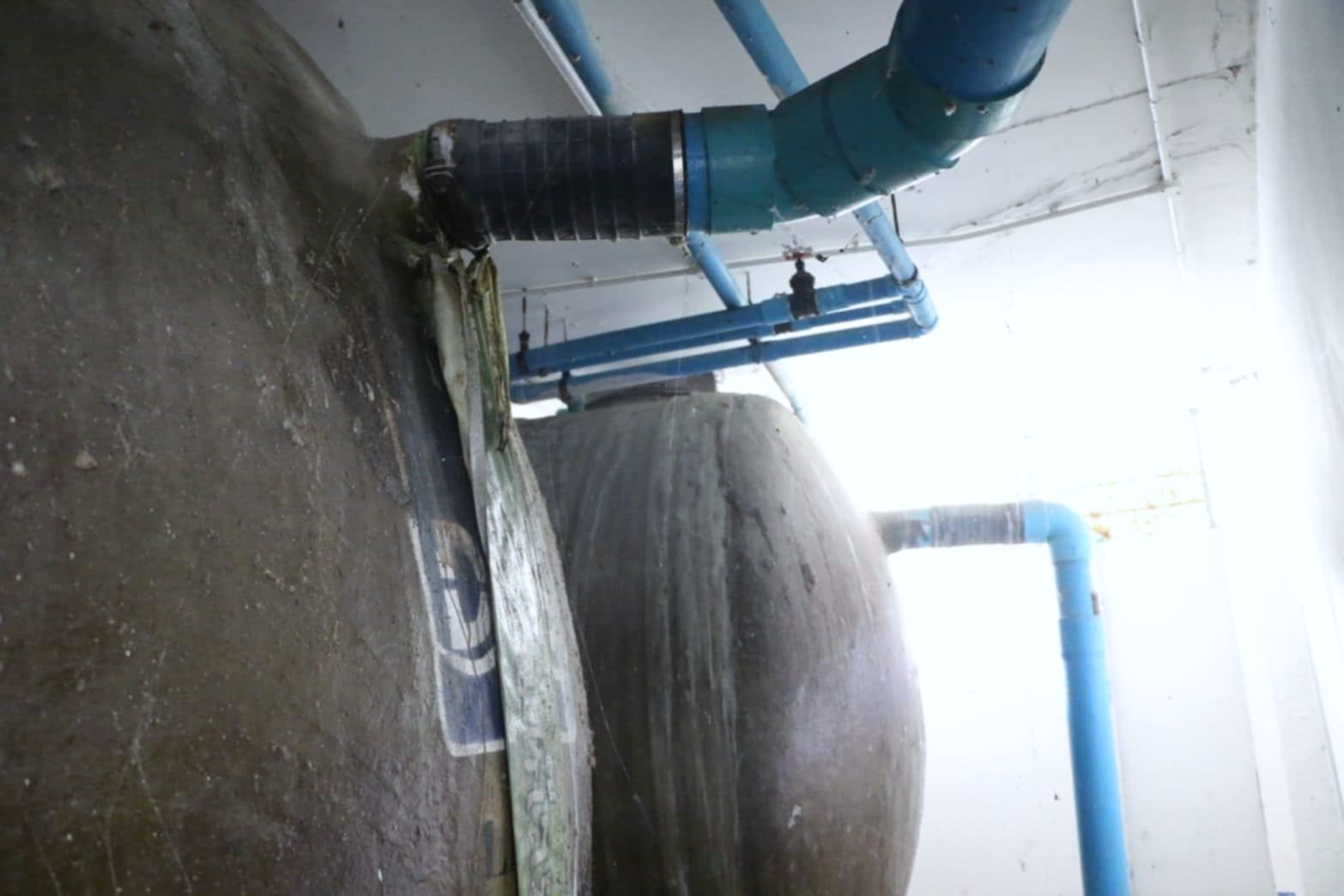
.
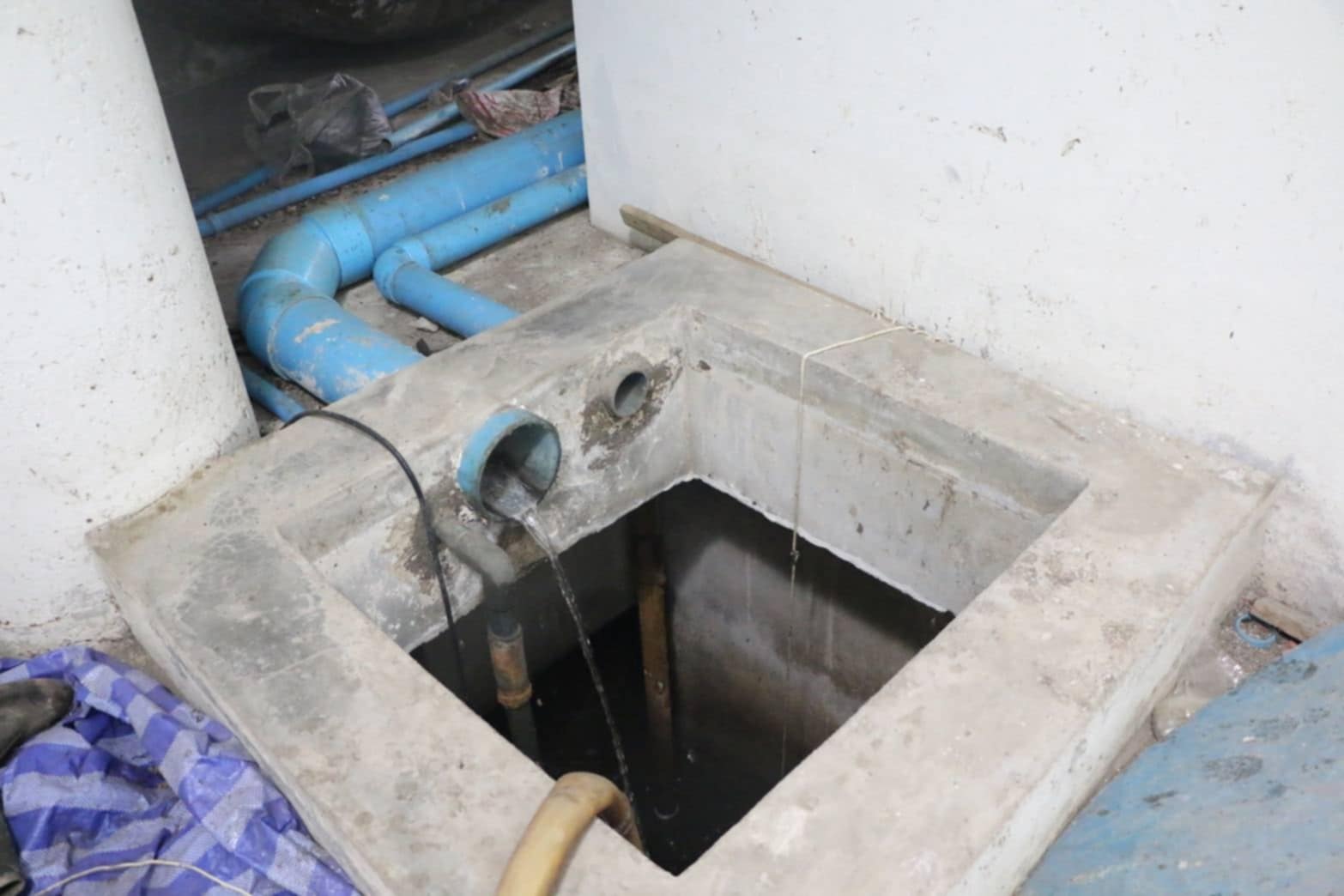
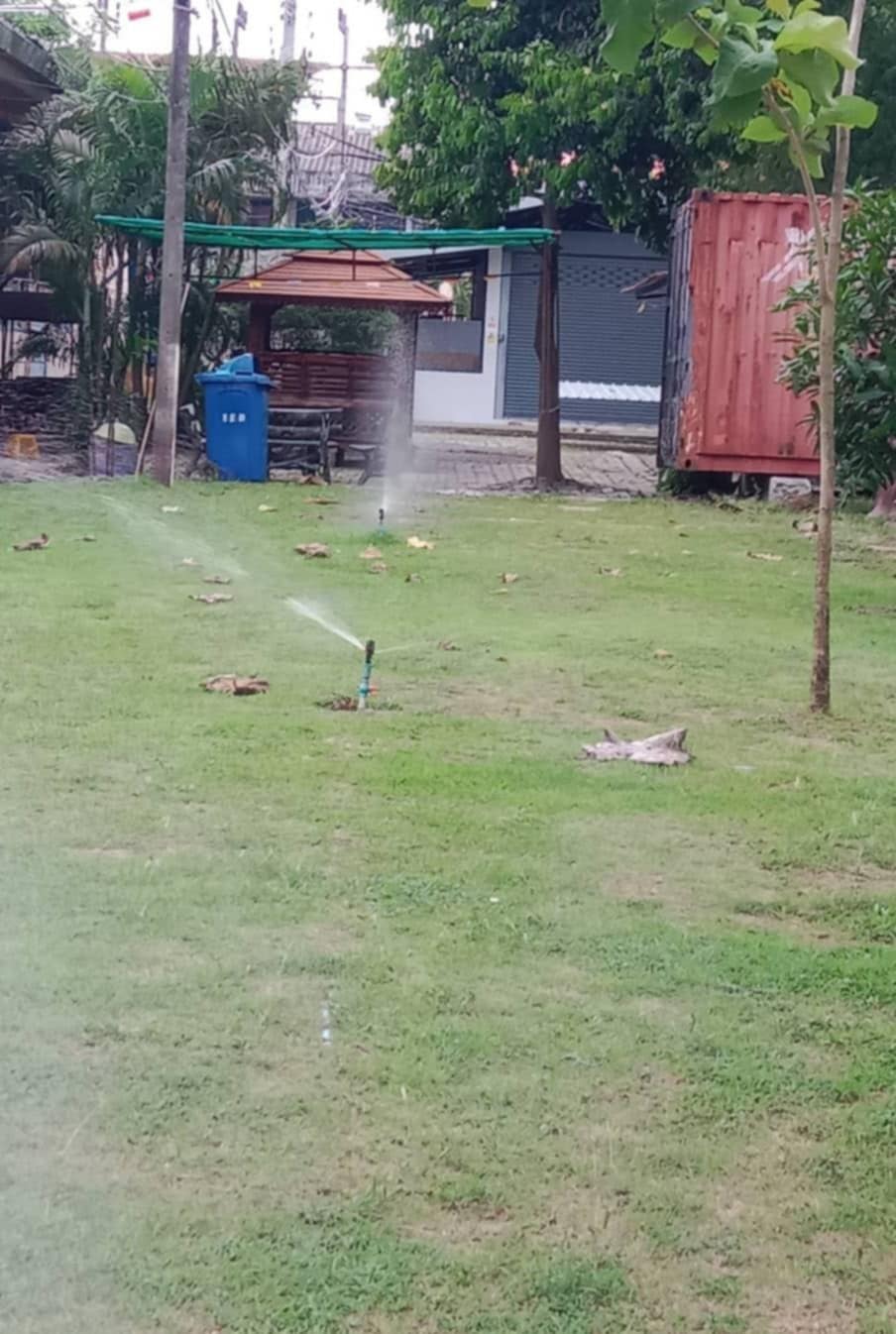
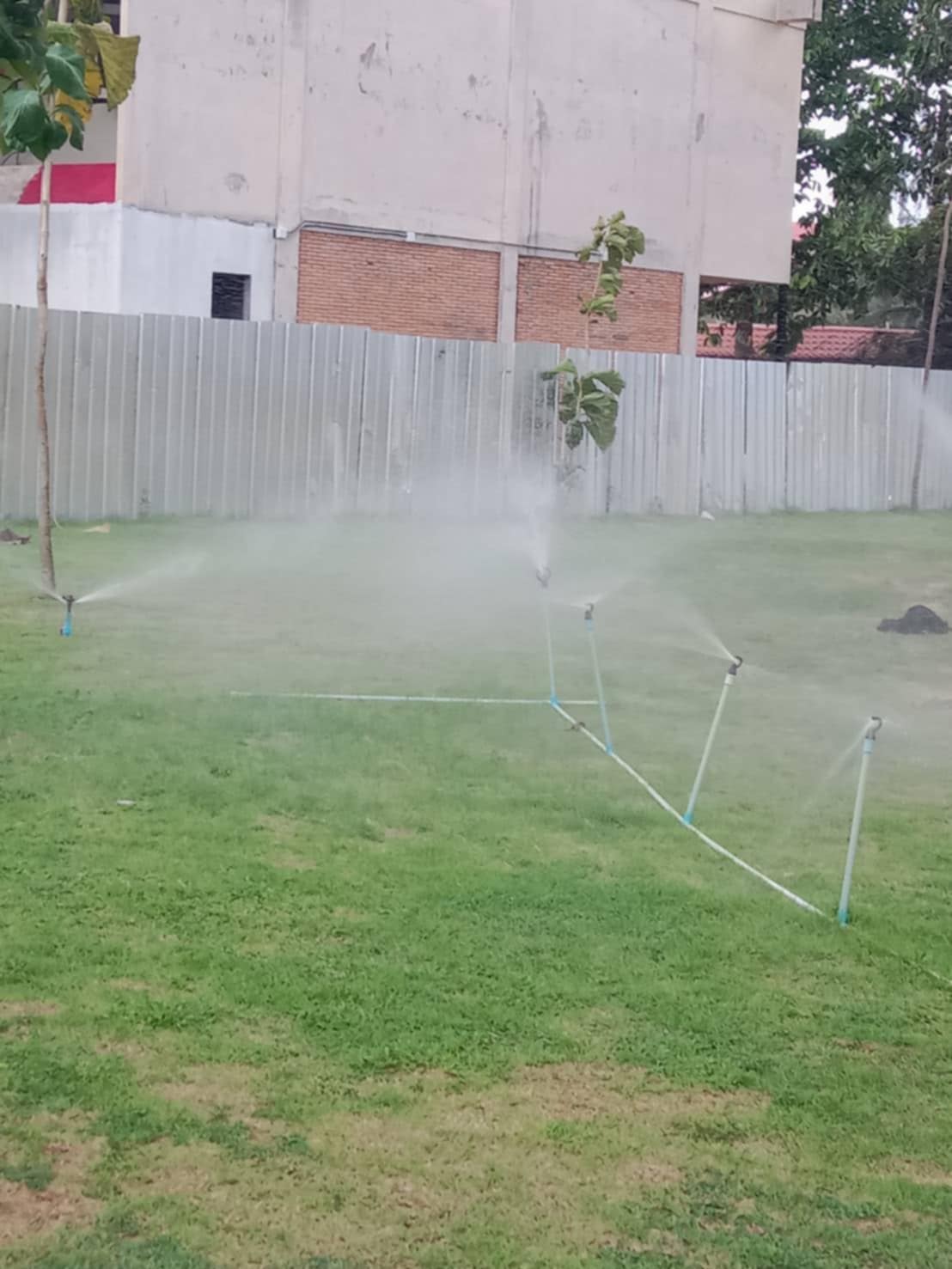
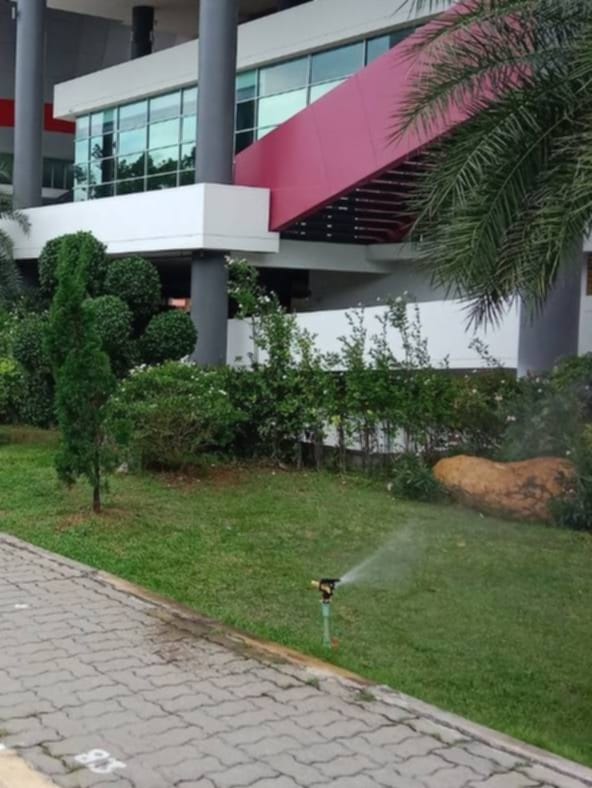
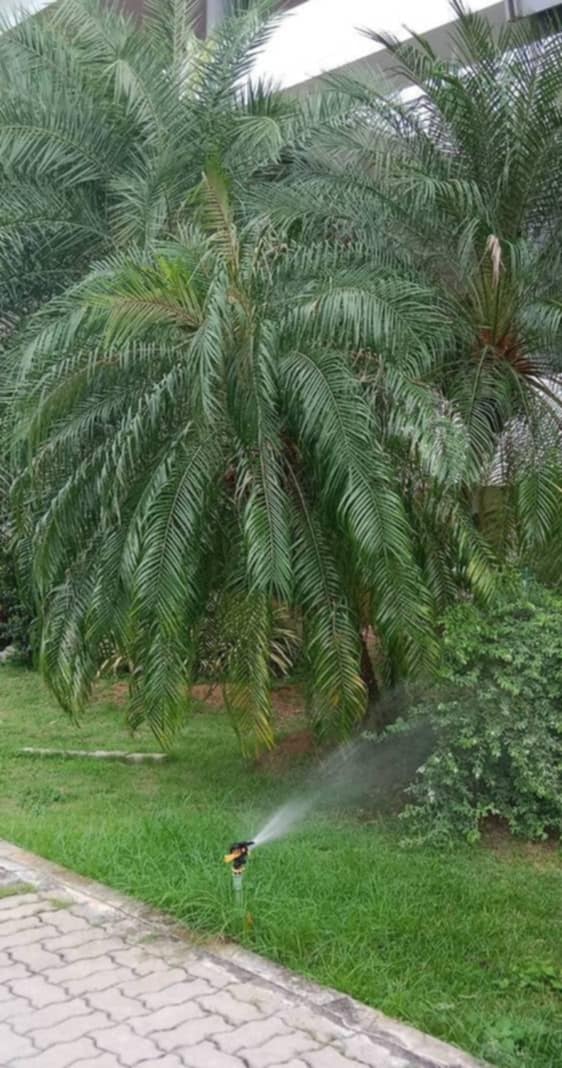
This “Wastewater Recycling” project is one of water conservation processes of Rajamangala University of Technology Srivijaya that help to reduces demand for water supply by 20-30% depending on each campus size and also help to decreases wastewater volumes sent to public treatment facilities. Moreover, implementing the wastewater recycling process is also integrated with labs or engineering courses, offering especially, engineering students with opportunities and practical insights into sustainable water management in order to conduct project or research, exploring aspects like treatment efficiency or technology improvements.
Related Links:

